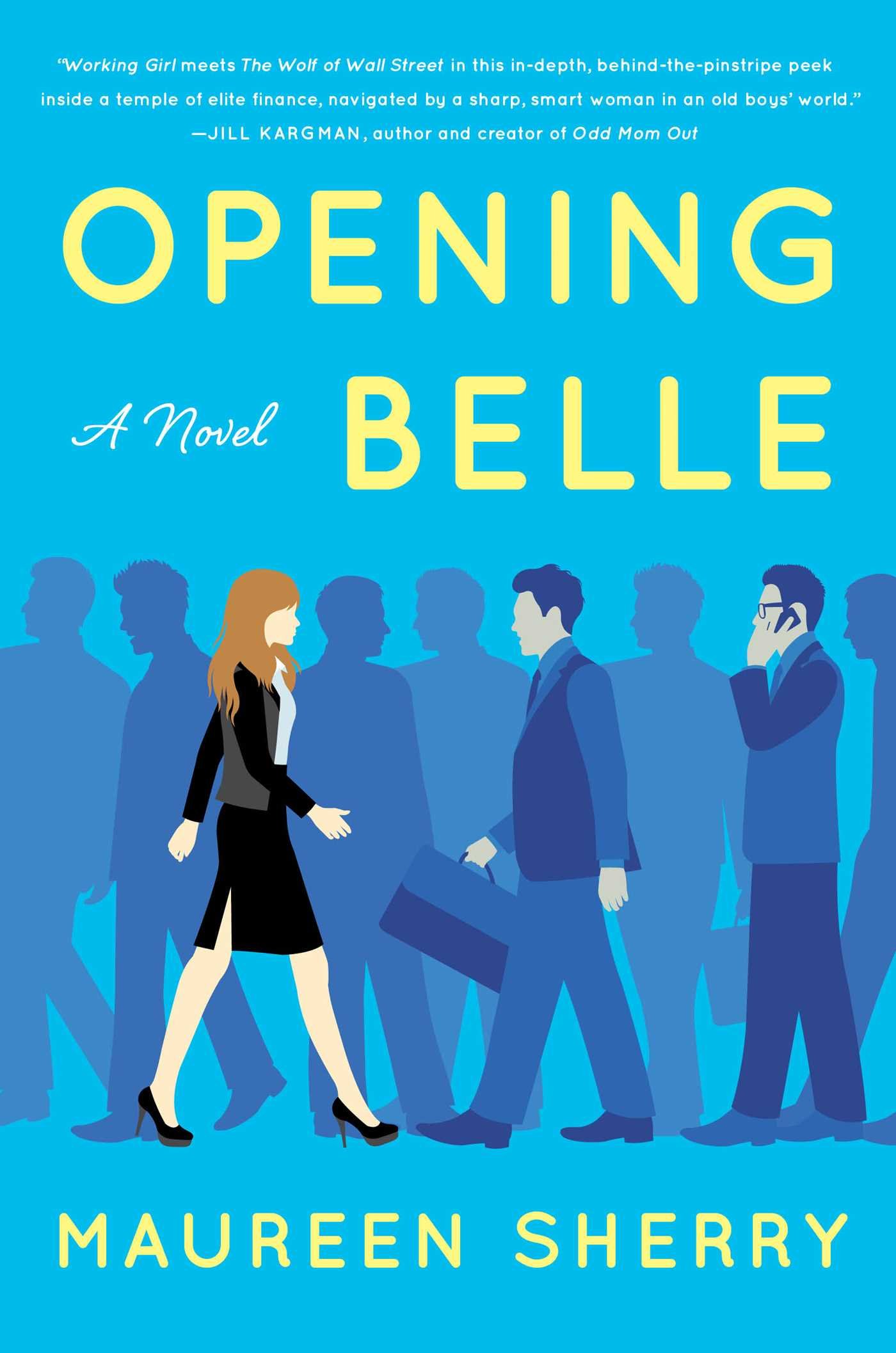
Since the economic crisis of 2008, a number of books and films (including one of this year’s Best Picture nominees, .nightsandweekends.com/articles/15/NW1500301.php>The Big Short) have offered their own perspective on both the origins and the aftermath. But none of them tell the story quite like former investment banker Maureen Sherry does in her novel Opening Belle.
The story follows thirty-something investment banker Isabelle as she attempts to balance marriage, motherhood, and her high-powered job on 2008’s big, bustling Wall Street. She seems to have it all: the family and the fortune. But her husband, Bruce, is lazy and resentful, seemingly paying more attention to his own physique than to their three kids. And it doesn’t help that she’s also struggling to survive in a male-dominated environment, where discrimination and harassment are overlooked and practically encouraged. And when Belle starts working with her former fiancé, Henry, everything begins to crumble around her.
Opening Belle definitely isn’t brainless chick lit. It may be disguised as light contemporary fiction, but it also manages to tackle some pretty heavy topics—from 2008’s financial crisis to the shocking sexism on Wall Street. And it manages to do so in a way that’s both interesting and informative, without getting too in-depth. At times, Sherry delves into the finer points of the stock market—and, admittedly, the discussions about shorts and CDOs might make your head spin. But this is all enlightening and eye-opening stuff—more than just the basis for a fluffy novel.
The characters, too, are written honestly and realistically. No one here is perfect; in fact, most of the characters are pretty deplorable. The men in Belle’s office are, for the most part, overgrown, entitled frat boys. The women range from cold and distant to wildly unprofessional. Belle’s husband is an idle rich kid who both resents and depends on his wife’s big bonus checks. And even Belle herself can be both short-sighted and short-tempered. Still, she’s the kind of character that many women will find relatable: one who’s trying to do it all. She’s stressed out and worn thin, and she’s so busy trying to take care of the most urgent matters that she fails to notice some pretty major issues that are dangling right in front of her face. Yet, in the end, her heart is in the right place. She’s just trying to do the best she can for the people she loves.
Meanwhile, like Belle, the novel tries to do a little too much, offering insights into investment banking and the culture of Wall Street, as well as marriage and motherhood. For that reason, some of the subplots fall a bit flat. But its unique perspective still makes for a fascinating—and entertaining—read.
Opening Belle is the thinking girl’s chick lit. It’s intelligent and funny, thoughtful and thought-provoking. It may not strike the perfect balance between fact and fiction, but it comes pretty close.
Listen to the review on Shelf Discovery:


